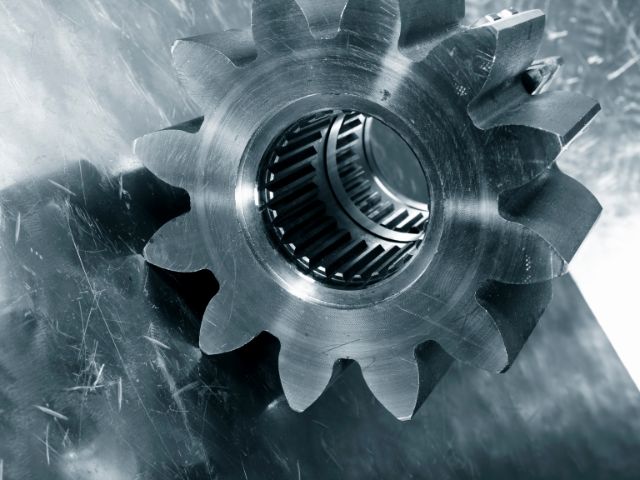
 Innovation
Innovation 
Corrosion is the gradual destruction of materials due to chemical or electrochemical reactions with the environment. Corrosion can be disastrous in industry and construction, leading to losses worth billions of dollars.
However, various metals offer excellent corrosion resistance properties that make perfect construction or manufacturing materials. Let’s explore the most commonly used metals that provide corrosion resistance and their advantages over other materials.
Stainless steel is popular for multiple applications, including architecture, manufacturing, and construction. Stainless steel resists corrosion because it comprises several alloy metal elements like nickel, chromium, and molybdenum. This combination makes stainless steel resistant to acids, moisture, and abrasion, making it a durable and long-lasting material. Corrosion resistance is just one of the benefits of using stainless steel in manufacturing and fabrication.
Aluminum is popular due to its corrosion resistance and relatively low density. Aluminum is often a protective barrier, especially in outdoor applications, where it gets exposed to weather elements. Unlike steel, which rusts when exposed to oxygen, aluminum oxidizes, forming an invisible oxide layer that protects it from further corrosion.
Zinc is a soft and malleable metal that offers superior corrosion resistance. It is often a coating for steel or iron to prevent corrosion and rust formation. Zinc coatings can work using several methods, including hot-dip galvanizing or electroplating, thus providing excellent protection from atmospheric and aqueous corrosion.
Titanium is a strong, lightweight, and corrosion-resistant metal used in aerospace, medical, and marine applications. Titanium offers corrosion resistance due to its high passive layer stability, which forms naturally upon exposure to air and moisture. The passive oxide layer provides an impenetrable barrier to moisture and other reactive chemicals, protecting the underlying metal from corrosion.
Nickel is a hard and ductile metal that offers excellent corrosion resistance. Nickel resists corrosion due to its ability to form a tight, adherent oxide coating that protects the metal from further corrosion. Nickel works well as an alloy in corrosion-resistant materials like stainless steel, which contains approximately 8 to 10 percent nickel.
Corrosion is an inevitable phenomenon, but with appropriate metal selection, you can control it and minimize damage to systems and structures. The metals mentioned above offer excellent corrosion resistance properties and are widely popular in industries and construction. It’s important to remember that all materials have limitations, and you should give careful consideration to the working environment and application when selecting a corrosion-resistant material.
24World Media does not take any responsibility of the information you see on this page. The content this page contains is from independent third-party content provider. If you have any concerns regarding the content, please free to write us here: contact@24worldmedia.com